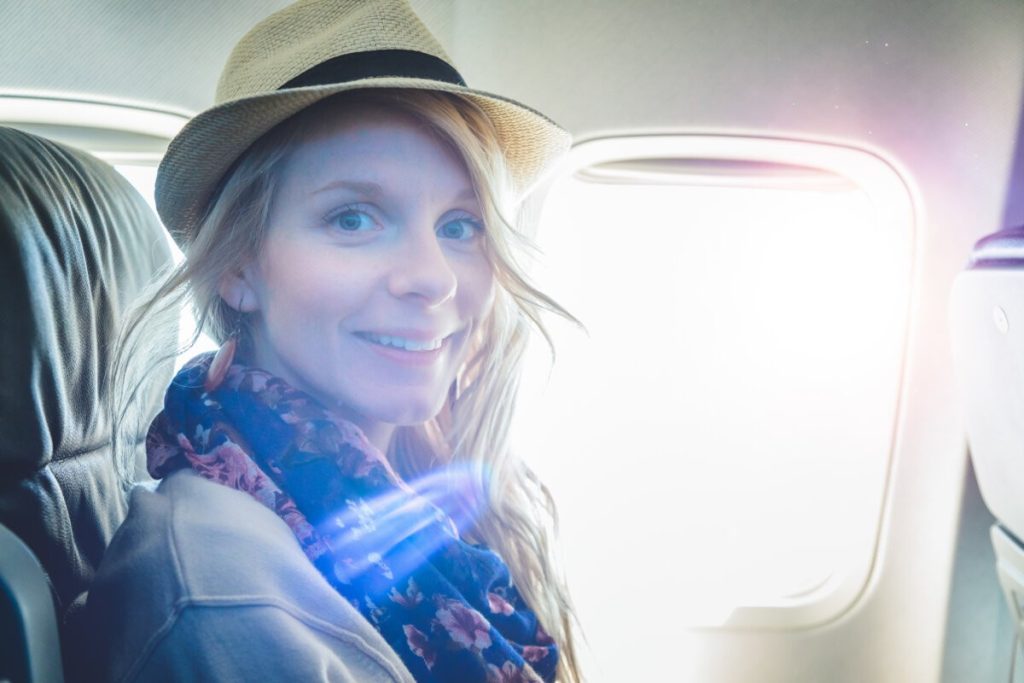The summer season is about to begin, and so are our summer travels. However, although we all love to visit faraway places and leave our stress behind, traveling can cause a lot of stress on our bodies.
When you travel, you may enter different time zones, which can disrupt your circadian rhythm, disrupting your normal sleep cycle. The circadian rhythm is our internal 24-hour biological clock that influences our sleep/wake and fasting/eating cycles, as well as our lipid/glucose metabolism, hormone secretion, body temperature and cardiovascular health. When traveling, one solution is to take low doses of melatonin (a hormonal supplement) as a short-term treatment for jet lag in adults. Melatonin can help reset your sleep/wake cycle and ease your jet lag symptoms.
Another anti-aging supplement that can help combat jet lag fatigue is nicotinamide riboside (NR) or nicotinamide mononucleotide (NMN), which are precursors to NAD+, our body's energy source found in every cell. But if you're taking other medications, be sure to discuss them with your doctor before adding additional supplements.
Staying hydrated during flying and traveling is essential to minimize jet lag and stay healthy. Drink plenty of water and avoid alcohol and caffeine during flights. To avoid blood clots, it is essential to get up and move around the cabin during your flight (when safe to do so), as well as avoid crossing your legs or remaining in a sedentary position for long periods of time. periods.
Always bring enough of your prescription medications to ensure you don't run out if you decide to stay away a little longer. Take a photo of all your prescription medications, including your contact lens and eyeglass prescriptions. Always prepare a travel first aid kit to take with you. Your first aid kit should contain antibiotic ointment, bandages, Pepto-Bismol for an upset stomach, acetaminophen (Tylenol) for pain and fever, an antihistamine (Benadryl) for an allergic reaction, electrolyte powder, bandages, medical tape, anti-nausea medications. and seasickness medications like over-the-counter meclizine. Also consider packing non-toxic insect repellent, an anti-itch/anti-sunburn/anti-rash cream made with natural ingredients like Skin-A-Cool (it contains aloe vera, witch hazel , green tea, vitamin E, sunflower oil). and hydrocortisone 1%.) Last, but not least, your mineral (not chemical!) SPF 30+ lotion, your wide-brimmed hat and your sunglasses to protect you from the sun.
For those who suffer from hemorrhoids, sitting on long flights can be very distressing (no pun intended). Consider bringing an over-the-counter cream like Ana-cool cream to relieve burning and itching during and after long flights. Most of the above products in your first aid kit can easily be found on Amazon.
Finally, one of the most important travel health tips is to purchase travel and medical evacuation insurance. Many people, especially in the United States, do not realize that their health insurance does not cover them abroad for medical and surgical emergencies. Purchase a $50,000 medical insurance policy and medical evacuation, which will get you home in case you need air ambulance transportation.
Happy, healthy travels!
Dr. Magdalena Swierczewski, MD is board certified in internal medicine and anti-aging medicine and specializes in anti-aging and integrative functional medicine.
Dr. Pierre Michalos, MD is a clinical associate professor at Columbia University College of Physicians and Surgeons and president of the Hamptons Health Society.
Always consult your doctor before starting any new medical treatment or fitness program. This general information is not intended to diagnose any medical condition or replace your healthcare professional.


